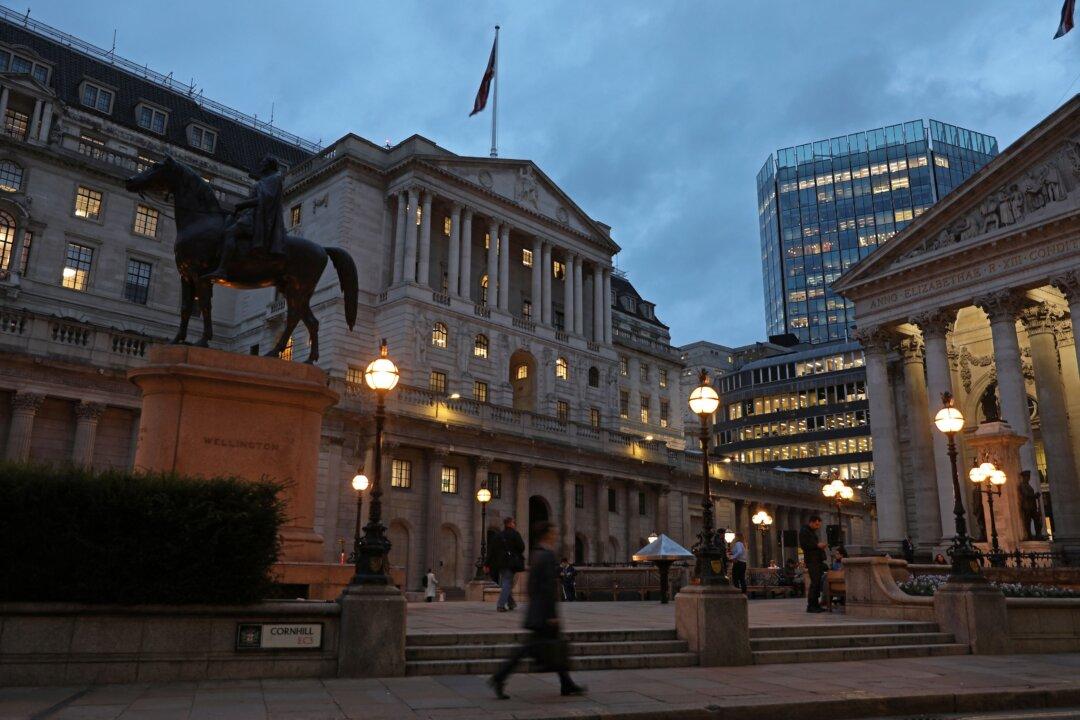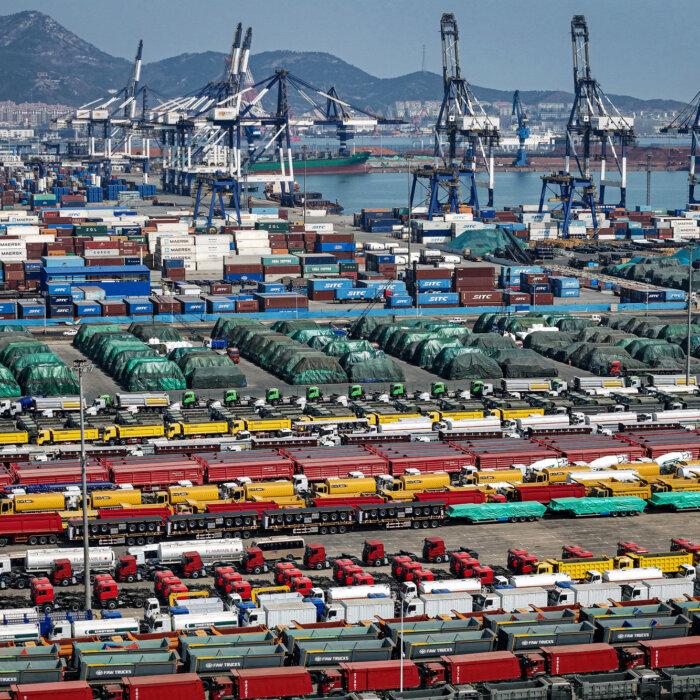Britain’s economy picked up faster than expected in February, in a boost for Labour ahead of an expected slump caused by U.S. President Donald Trump’s trade policies.
The Office for National Statistics (ONS) said GDP grew by 0.5 percent, surprising economists who had forecast just 0.1 percent growth.
It also marks a significant monthly improvement after no growth in January, the ONS added, after revising a previous estimate of a 0.1 percent fall for the month.
While the figures come as positive surprise for Chancellor Rachel Reeves, who has made economic growth her top priority, they also predate the recent upheaval caused by Trump’s tariff announcements.
Reeves said: “These growth figures are an encouraging sign, but we are not complacent.
However, she added: “The world has changed and we have witnessed that change in recent weeks.
“I know this is an anxious time for families who are worried about the cost of living and British businesses who are worried about what this change means for them.
“This government will remain pragmatic and cool-headed as we seek to secure the best deal with the United States that is in our national interest.”
The United States has hit the UK with a blanket 10 percent tariff on practically all goods entering the world’s biggest economy, which is expected to hurt British exporters and dampen growth.
And recent tax rises for companies, alongside surging water, energy bills, council taxes, and other consumer bills which took effect in April, could hamper the economy further.
ONS Director of Economic Statistics Liz McKeown said the economy grew “strongly,” pointing to more activity across the services and manufacturing industries.
Factories showed a particular turnaround in activity, with production output growing 1.5 percent in February after a fall of 0.5 percent in January.
The construction industry also grew by 0.4 percent, from a 0.3 percent fall the previous month, while the services sector, the UK’s biggest by far, grew by 0.3 percent in February, up from 0.1 percent in January.
The Conservatives claimed the government still had a “long way to go” on growing the economy.
Mel Stride, the shadow chancellor, said, “Since coming to office, Labour’s choices have killed growth stone dead and there is still a long way to go to recover.”
Nicholas Hyett of investment firm Wealth Club, said the growth figure is “genuinely impressive,” but that it has been overshadowed by Trump’s recent tariffs.
He said, “GDP data often feels a bit dated by the time it’s published—the Trump-shaped asteroid that hit markets in the last week means February’s data feels practically pre-historic.”






